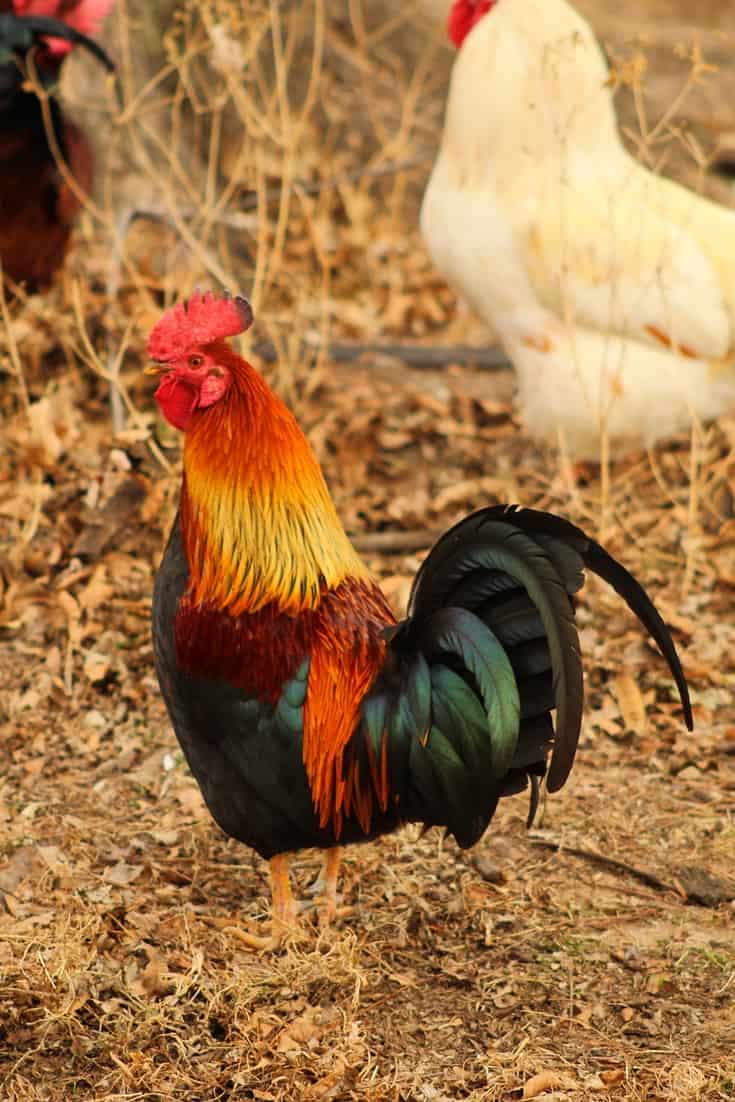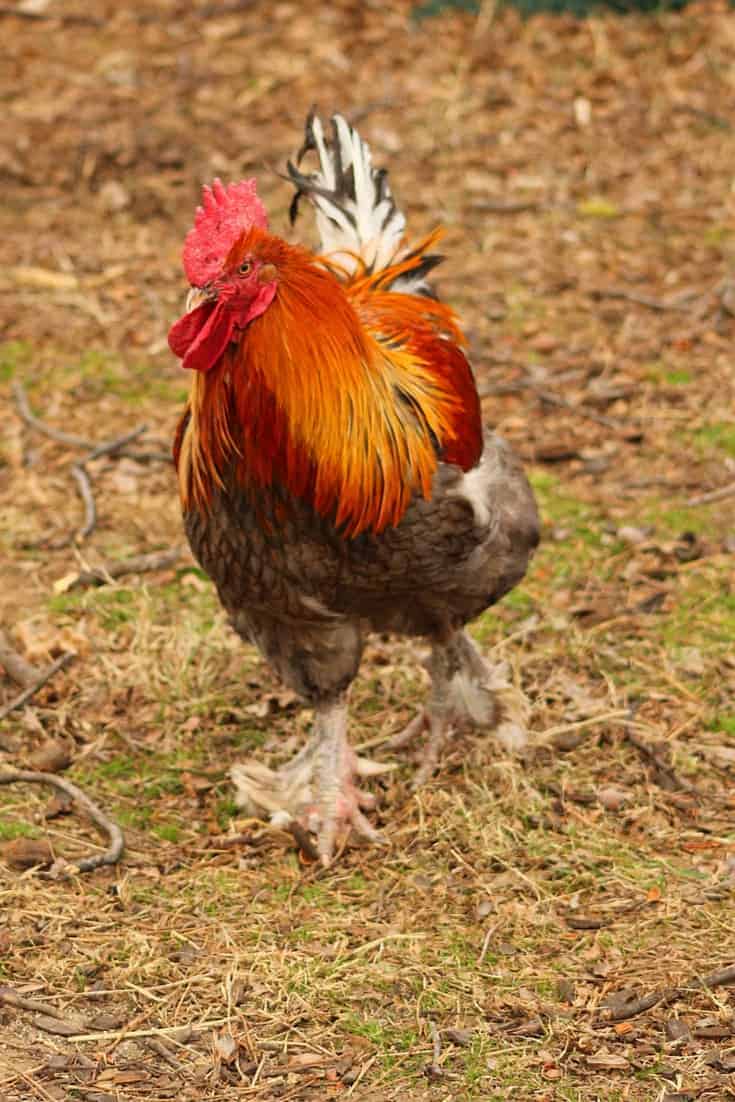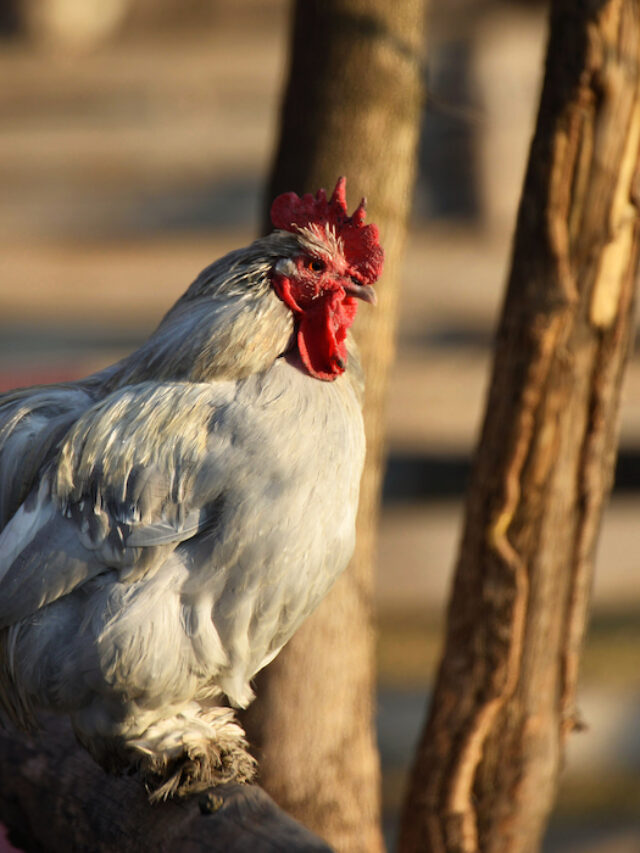Can Chickens Lay Eggs Without A Rooster? Everything You Need To Know
If you're wondering whether chickens can lay eggs without a rooster, you're not alone. This question is one of the most frequently asked by poultry enthusiasts and beginners alike. The short answer is yes—hens can absolutely lay eggs without a rooster. However, there's much more to this topic than meets the eye, and understanding the nuances will help you make informed decisions about your flock.
Egg production in chickens is a fascinating biological process that doesn't necessarily require the presence of a male chicken. Whether you're raising chickens for eggs or simply curious about their reproductive habits, this article will provide you with all the information you need. From the science behind egg-laying to the role of roosters, we'll cover everything step by step.
As we delve deeper, you'll learn about the differences between fertilized and unfertilized eggs, the benefits of having a rooster, and how to manage your flock for optimal egg production. By the end of this article, you'll have a comprehensive understanding of chicken egg-laying dynamics and be better equipped to care for your chickens.
Read also:When Was Biden Born A Comprehensive Look At The 46th Us Presidents Early Life And Legacy
Table of Contents
- The Biology of Chicken Egg-Laying
- What Role Does a Rooster Play?
- Fertilized vs. Unfertilized Eggs
- Factors Affecting Egg Production
- Benefits of Having a Rooster
- Challenges of Keeping a Rooster
- Nutrition for Optimal Egg Production
- Common Health Issues Affecting Egg-Laying
- Managing Your Flock for Egg Production
- Conclusion and Next Steps
The Biology of Chicken Egg-Laying
Understanding the biology of chicken egg-laying is crucial to answering the question, "Can chickens lay eggs without a rooster?" Female chickens, or hens, are naturally programmed to lay eggs as part of their reproductive cycle. This process is controlled by hormones and is independent of the presence of a rooster.
Hens have a unique reproductive system where only one ovary is functional. Each day, an egg yolk is released from the ovary and travels through the oviduct, where the egg white, shell membranes, and shell are formed. This entire process takes about 24 to 26 hours, and a new egg is typically laid every day under optimal conditions.
How Often Do Chickens Lay Eggs?
The frequency of egg-laying depends on several factors, including the breed, age, and health of the hen. Some high-producing breeds, such as the White Leghorn, can lay up to 300 eggs per year, while others may lay fewer eggs depending on their genetic makeup.
- High-producing breeds: White Leghorn, Rhode Island Red
- Medium producers: Plymouth Rock, Australorp
- Low producers: Heritage breeds, ornamental chickens
What Role Does a Rooster Play?
While hens can lay eggs without a rooster, the role of a rooster is essential if you want fertilized eggs for hatching. A rooster's primary function in a flock is to mate with hens, fertilizing their eggs and ensuring the continuation of the species. Without a rooster, eggs remain unfertilized and cannot develop into chicks.
In addition to fertilization, roosters also serve as protectors of the flock. They are vigilant and alert, watching for predators and warning the hens of potential dangers. Roosters also help maintain order within the flock by establishing a pecking order.
Do You Need a Rooster for Eggs?
No, you do not need a rooster for egg production. If your goal is to have a steady supply of eggs for consumption, a rooster is unnecessary. However, if you're interested in breeding chickens or expanding your flock, a rooster becomes an important part of the equation.
Read also:Boil Water Advisory In Grand Rapids What You Need To Know
Fertilized vs. Unfertilized Eggs
One of the key distinctions in chicken egg-laying is the difference between fertilized and unfertilized eggs. Understanding this difference is essential for anyone considering raising chickens for eggs or chicks.
Fertilized eggs are produced when a rooster mates with a hen, and the sperm fertilizes the egg as it travels through the oviduct. These eggs have the potential to develop into chicks if incubated under the right conditions. On the other hand, unfertilized eggs are laid by hens without the involvement of a rooster and are safe for human consumption.
Can You Eat Fertilized Eggs?
Yes, you can eat fertilized eggs. In fact, there is no noticeable difference in taste or nutritional value between fertilized and unfertilized eggs. However, if you plan to eat fertilized eggs, it's important to consume them before the embryo begins to develop, which typically occurs after about 24 to 48 hours of incubation.
Factors Affecting Egg Production
Several factors influence the egg-laying capabilities of chickens, regardless of whether a rooster is present. These factors include age, diet, lighting, and environmental conditions. By understanding these factors, you can optimize egg production in your flock.
Nutrition and Egg Production
A balanced diet is crucial for maintaining healthy egg production. Chickens require a diet rich in protein, calcium, and essential vitamins and minerals. Calcium, in particular, is vital for forming strong eggshells. Providing a consistent source of calcium, such as oyster shells or limestone, can help prevent thin or soft-shelled eggs.
Lighting and Egg Production
Lighting plays a significant role in regulating a hen's reproductive cycle. Hens require approximately 14 to 16 hours of light per day to maintain optimal egg production. During the shorter days of winter, you may need to supplement natural light with artificial lighting to ensure consistent egg-laying.
Benefits of Having a Rooster
While roosters are not necessary for egg production, they offer several benefits to a flock. In addition to fertilizing eggs, roosters provide protection, leadership, and social structure. They are also known for their distinctive crowing, which can add charm to a rural setting.
Roosters are particularly valuable for breeders who want to expand their flock or maintain specific bloodlines. By carefully selecting a rooster with desirable traits, you can improve the quality of your chickens over time.
Challenges of Keeping a Rooster
Despite their benefits, keeping a rooster can present challenges. Roosters can be aggressive, especially during mating season, and may pose a threat to humans or other animals. Additionally, many urban areas have regulations against keeping roosters due to noise complaints from neighbors.
If you decide to keep a rooster, it's important to manage his behavior through proper training and socialization. Providing ample space and resources for the flock can also help reduce aggression and stress.
Nutrition for Optimal Egg Production
Proper nutrition is one of the most critical factors in ensuring healthy egg production. A well-balanced diet not only supports egg-laying but also promotes overall health and longevity in chickens. Key nutrients for egg production include:
- Protein: Essential for egg white formation
- Calcium: Necessary for strong eggshells
- Vitamins: Supports reproductive health
- Minerals: Aids in bone and feather development
Feeding a high-quality commercial layer feed is an excellent way to ensure your chickens receive the nutrients they need. You can also supplement their diet with fresh fruits, vegetables, and grit to enhance their nutritional intake.
Common Health Issues Affecting Egg-Laying
Like any living creature, chickens are susceptible to various health issues that can impact their egg-laying abilities. Common problems include nutritional deficiencies, parasitic infections, and reproductive disorders. Early detection and treatment are key to maintaining a healthy flock.
Some signs of health issues in egg-laying hens include decreased egg production, abnormal egg appearance, or behavioral changes. Regular veterinary check-ups and proper husbandry practices can help prevent and address these issues.
Managing Your Flock for Egg Production
Successful egg production requires careful management of your flock. This includes providing a clean and comfortable living environment, ensuring proper nutrition, and monitoring health regularly. By implementing best practices, you can maximize egg output and ensure the well-being of your chickens.
Additionally, keeping detailed records of egg production, health, and feeding practices can help you identify trends and make informed decisions about your flock. Whether you're a backyard chicken keeper or a commercial farmer, effective management is the key to success.
Conclusion and Next Steps
In conclusion, chickens can absolutely lay eggs without a rooster. The presence of a rooster is only necessary if you want fertilized eggs for hatching. Understanding the biology of egg-laying, the role of roosters, and the factors affecting egg production can help you make informed decisions about managing your flock.
We encourage you to take action by implementing the tips and strategies discussed in this article. Whether it's improving your chickens' diet, adjusting lighting conditions, or addressing health concerns, every step you take will contribute to better egg production and happier chickens.
Don't forget to share this article with fellow chicken enthusiasts and leave a comment below if you have any questions or insights to add. Together, we can create a thriving community of knowledgeable poultry keepers!
References:
- University of Florida Extension: https://edis.ifas.ufl.edu
- Poultry Science Association: https://poultryscience.org
- USDA Animal and Plant Health Inspection Service: https://www.aphis.usda.gov


